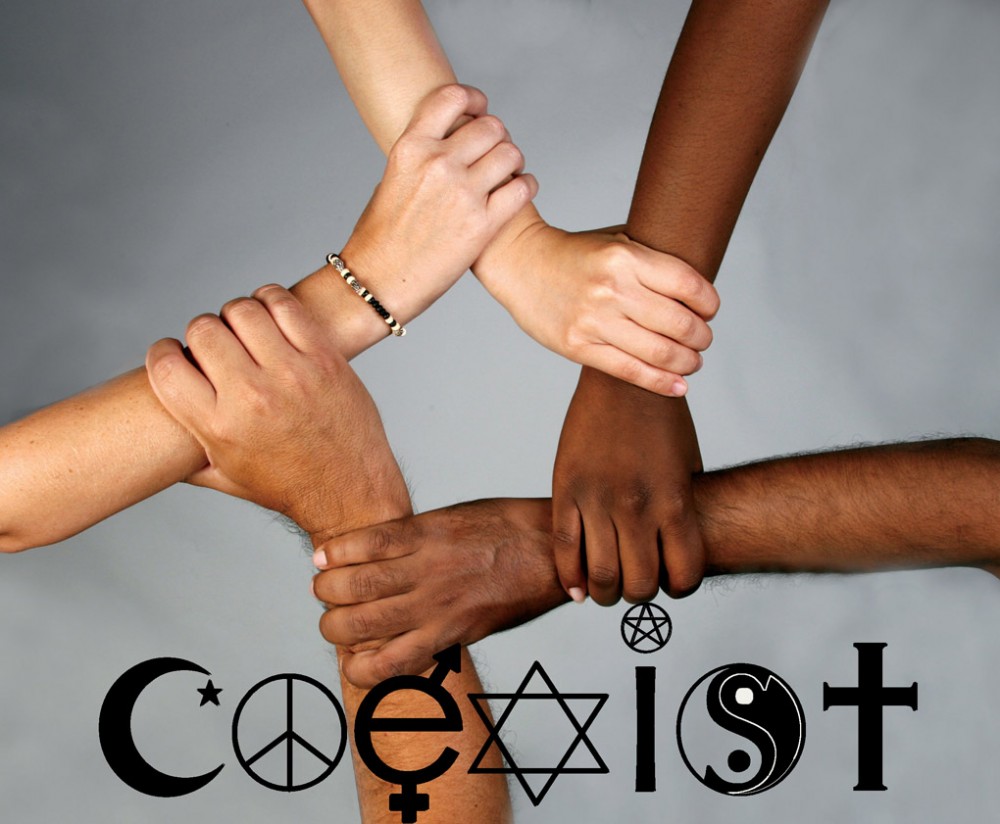Tolerance…A very simple concept, not achieved yet. It can be said that all bad things can be attributed to the lack of tolerance. All wars are fought over the lack of tolerance or understanding of the other side. Religious beliefs, land disputes and power struggles. The inability to understand and recognize the other side’s point of view is the basis of conflict. In some cases it is the lack of recognition of another’s right to exist. How can anyone justify this outlook?
In the past and also currently, wars are the main and the most dangerous result of intolerance. For instance, ethnical conflict between Tutsi and Hutu in Rwanda, Palestinian and Israeli conflict in the Gaza Strip, The al-Anfal Campaign in Iraq are the most famous ones. There are much more latent conflicts around the world.
November 16th is the occasion to think about it deeper, to commemorate The International Day for Tolerance. It is an annual observance declared byUNESCO in 1995 to generate public awareness of the dangers of intolerance.
In 1996, the UN General Assembly (by resolution 51/95) invited UN Member States to observe the International Day for Tolerance on November 16th, with activities directed towards both educational establishments and the wider public.
This action followed on the United Nations Year for Tolerance, 1995, proclaimed by the UN General Assembly in 1993 at the initiative UNESCO, as outlined in the Declaration of Principles on Tolerance and Follow-up Plan of Action for the Year.
On the day of its fiftieth anniversary, 16 November 1995, UNESCO’s Member States adopted a Declaration of Principles on Tolerance. Among other things, the Declaration affirms that tolerance is neither indulgence nor indifference. It is respect and appreciation of the rich variety of our world’s cultures, our forms of expression and ways of being human. Tolerance recognizes the universal human rights and fundamental freedoms of others. People are naturally diverse; only tolerance can ensure the survival of mixed communities in every region of the globe.
The Declaration qualifies tolerance not only as a moral duty, but also as a political and legal requirement for individuals, groups and States. It situates tolerance in relation to the international human rights instruments drawn up over the past fifty years and emphasizes that States should draft new legislation when necessary to ensure equality of treatment and of opportunity for all groups and individuals in society.
Along with outright injustice and violence, discrimination and marginalization are common forms of intolerance. Education for tolerance should aim at countering influences that lead to fear and exclusion of others, and should help young people develop capacities for independent judgment, critical thinking and ethical reasoning. The diversity of our world’s many religions, languages, cultures and ethnicities is not a pretext for conflict, but is a treasure that enriches us all.
The 2005 World Summit Outcome document (A/RES/60/1) furthered the commitment of Heads of State and Government to advance human welfare, freedom and progress everywhere, as well as to encourage tolerance, respect, dialogue and cooperation among different cultures, civilizations and peoples.
More info: http://www.un.org/en/events/toleranceday/



